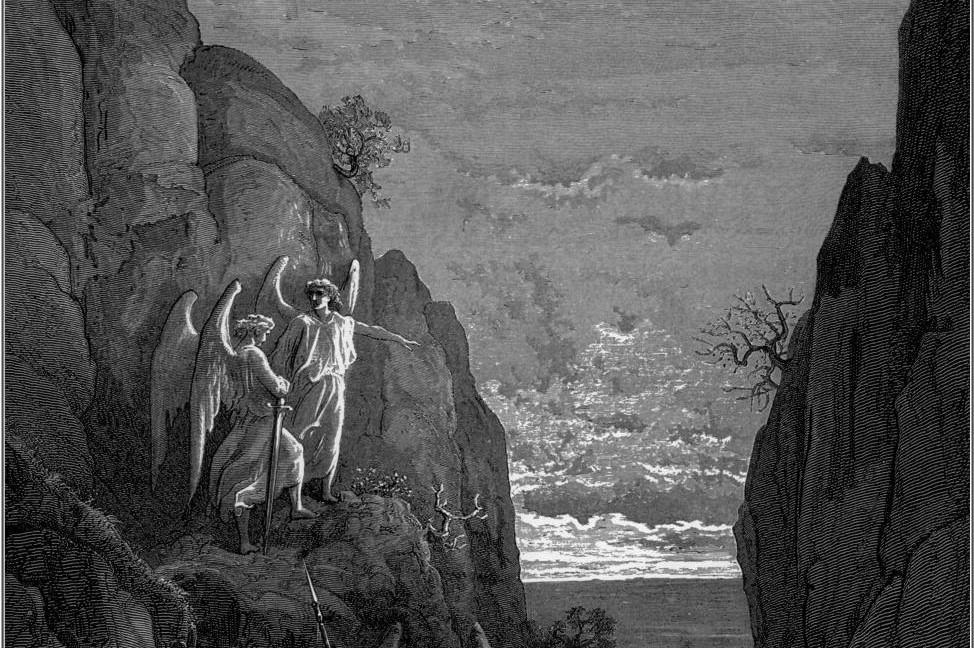In my last article, I looked at three Shakespeare lines from various plays, explicating why they were so particularly powerful and expressive, but avoided what I would call his almost too well-known lines (for example, “To be or not to be,” and so on). Here, I do the same for John Milton, though confining myself to one poem, “Paradise Lost.”
Why one poem? Because “Paradise Lost” is the greatest epic written in the English language. Samuel Johnson, likely England’s most distinguished man of letters, wrote in “Lives of the Poets” that “it is not the greatest of heroick poems, only because it is not the first.” He meant, of course, that Milton did not invent the epic form, Homer did, so first place must be given to Homer.






